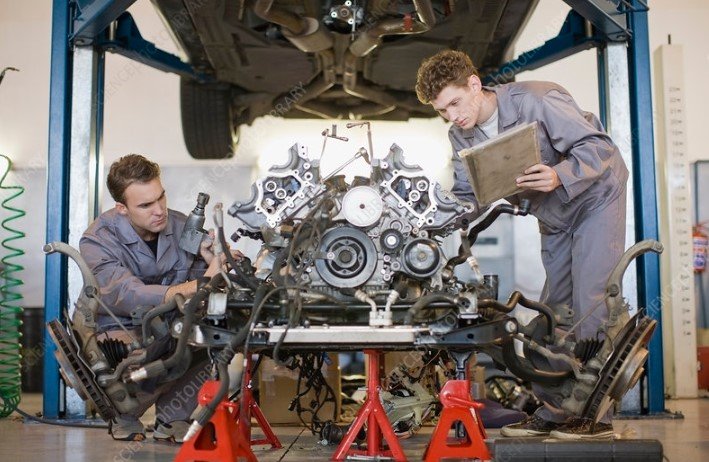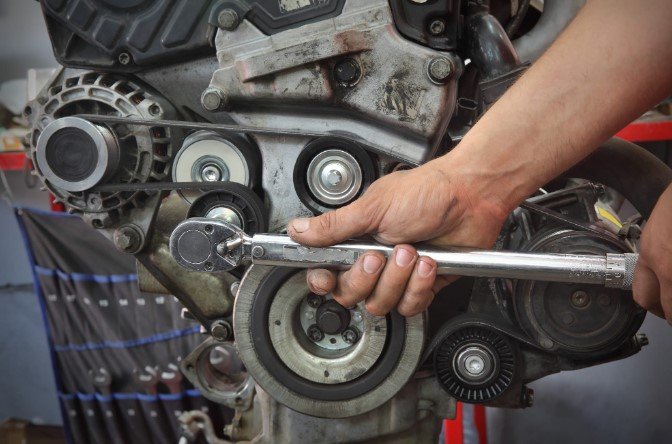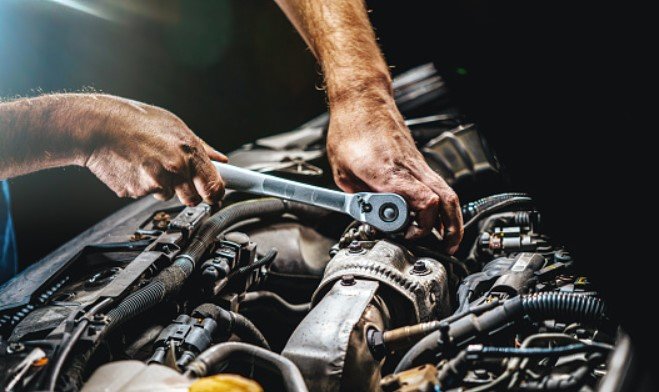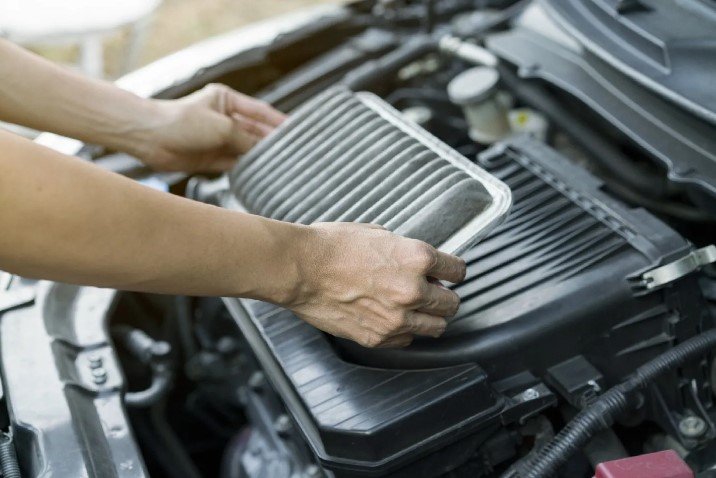
Engine Mechanics: Understanding the Heart of Your Vehicle
1. Introduction to Engine Mechanics
What is Engine Mechanics?
Engine mechanics is the intricate system responsible for the proper functioning of internal combustion engines found in various vehicles, ranging from cars to trucks and even boats. It encompasses the study and understanding of how engines operate, their components, and maintenance requirements.
Importance of Engine Mechanics
Engine mechanics play a crucial role in ensuring the smooth and efficient operation of vehicles. Understanding engine mechanics is essential for diagnosing problems, performing maintenance tasks, and optimizing performance, ultimately prolonging the lifespan of the engine.
2. Components of an Engine
Basic Structure
An engine comprises several interconnected components working together to generate power. These components include the cylinder block, pistons, crankshaft, camshaft, valves, and fuel injection system.
Major Components
– Cylinder Block
The cylinder block houses the cylinders where combustion occurs. It also provides support for other engine components and contains passages for coolant circulation.
– Pistons
Pistons move up and down within the cylinders, driven by the force of expanding gases during combustion. They transmit energy to the crankshaft via connecting rods.
– Crankshaft
The crankshaft converts the linear motion of the pistons into rotational motion, which drives the vehicle’s wheels.
– Camshaft
The camshaft controls the opening and closing of the engine’s valves, ensuring proper timing for the intake of air and fuel and the exhaust of combustion gases.
– Valves
Valves regulate the flow of air and fuel into the cylinders and the expulsion of exhaust gases.
– Fuel Injection System
Modern engines utilize electronic fuel injection systems to deliver precise amounts of fuel into the combustion chambers, enhancing efficiency and performance.
Functions of Each Component
Each component of the engine performs a specific function vital to the overall operation and performance of the vehicle.
3. How Engines Work
Combustion Process
The combustion process begins with the intake of air and fuel into the cylinders, followed by compression, ignition, and finally, the expulsion of exhaust gases. This process repeats continuously to generate power.
Four-Stroke Cycle
Most internal combustion engines operate on a four-stroke cycle: intake, compression, power, and exhaust. Each stroke corresponds to a specific phase of the combustion process.
4. Common Engine Problems
Overheating
Overheating can result from various issues, such as coolant leaks, a malfunctioning thermostat, or a faulty radiator. It can lead to engine damage if not addressed promptly.
Oil Leaks
Oil leaks can occur due to worn gaskets or seals, loose fittings, or excessive oil pressure. They can cause lubrication problems and potentially damage engine components.
Misfiring
Misfiring, characterized by a lack of power or rough engine operation, can stem from issues with spark plugs, ignition coils, or fuel injectors. It can adversely affect engine performance and fuel efficiency.
5. Maintenance Tips for Engines
Regular Oil Changes
Routine oil changes are essential for maintaining proper lubrication and preventing engine wear and damage. Follow the manufacturer’s recommendations for oil type and change intervals.
Monitoring Fluid Levels
Check engine oil, coolant, transmission fluid, and brake fluid levels regularly and top them up as needed. Low fluid levels can lead to overheating and other problems.
Checking Belts and Hoses
Inspect belts and hoses for signs of wear, cracking, or damage, and replace them if necessary. Broken belts or hoses can cause engine overheating or failure.
6. DIY Engine Repairs vs. Professional Services
Pros and Cons
DIY engine repairs offer cost savings and the satisfaction of completing tasks independently. However, they require knowledge, skills, and tools, and mistakes can lead to further damage.
When to Seek Professional Help
Complex engine problems or those beyond your expertise should be addressed by professional mechanics. They have the training, experience, and equipment to diagnose and repair issues effectively.
7. Conclusion
Understanding engine mechanics is vital for maintaining vehicle performance and reliability. By familiarizing yourself with engine components, operation, and maintenance procedures, you can ensure your vehicle runs smoothly and efficiently for years to come.
FAQs (Frequently Asked Questions)
- How often should I change my engine oil?
- It’s recommended to change your engine oil every 5,000 to 7,500 miles, depending on your vehicle and driving conditions.
- What are the signs of a failing fuel injector?
- Symptoms of a failing fuel injector include rough idling, engine misfires, decreased fuel efficiency, and a noticeable decrease in engine performance.
- Can I drive with a leaking radiator?
- Driving with a leaking radiator is not advisable, as it can lead to overheating and severe engine damage. It’s best to address radiator leaks promptly.
- How can I prevent engine overheating?
- To prevent engine overheating, ensure proper coolant levels, check for coolant leaks, maintain a clean radiator, and avoid driving in extreme heat conditions.
-
What should I do if my engine overheats?
- If your engine overheats, pull over to a safe location, turn off the engine, and allow it to cool down. Check coolant levels and radiator hoses before attempting to drive again.



